Dr LinkUp is a startup company that aims to help doctors around Africa support each other.
Dr LinkUp is a Senegalese startup company that is only a year old, and yet it offers a unique platform for the African market. While social media is a global phenomenon, Dr LinkUp provides a network specifically for doctors, within Africa, to contact each other and discuss medical issues. The goal is to provide a platform for doctors to seek help from one another, and to therefore improve the service that they provide.
A founder dedicated to healthcare
Dr LinkUp was founded by Caamo Kane, a 32 year-old woman of Senegalese-American heritage. Kane studied “Gender Studies and Public Health of Women” in the United States, and after completing her MBA, she returned to her father’s home of Senegal to enroll at medical school. Kane had already involved herself closely in health initiatives within Senegal well before she devised her idea for Dr LinkUp.
After seeing how poor many of the services were for pregnant women in Senegal’s capital, Dakur, Kane embarked upon a fund raising campaign to transform the maternity facilities at the Centre de Santé Philippe Maguilene Senghor in Dakur.
When interviewed about the project at the time, Kane had said, “I see the health center as a pilot project. We are planning to do some interesting and innovative things.”

Doctor using Dr Linkup
Of the innovative ideas that Kane alluded to, Dr LinkUp is her most recent venture: launching in May 2015 and within weeks of its launch, hundreds of medical professionals had registered. Kane hopes that by creating a support network of experts, doctors can improve their own services, and help each other discuss pertinent issues. The exchange of information is of notable worth during sudden outbreaks of infectious diseases, such as the recent Ebola epidemic.
Sharing ideas and information
Dr LinkUp allows doctors and medical students across Africa to ask questions and share experiences online. This should allow specialists to help general practitioners with specific queries, but it also provides forums for debate. Doctors can discuss different ideas on treatments and as people challenge one another, so the range of ideas available to all is broadened.
Moreover, the space gives members the ability to upload medical literature from around the world, which may not be easily accessible within certain regions. The forums are divided into various categories, such as cardiology, medical imaging and public health. The wider the network grows, the greater the sum of knowledge there is for any given doctor to draw upon. Patients will benefit from seeing doctors who have access to the expertise and experiences of numerous other physicians from around the continent.
Kane hopes that 2016 will continue to see the service grow, commenting “We want to involve up to 3,000 African doctors in our debates online, and help them better care for their patients.”
Working with others
As Dr LinkUp looks to expand its e-health services, Kane has embraced outside support in order to grow the company. The tech startup incubator Upstart was approached, in order to help Kane establish connections with other nascent companies, where mutually beneficial relationships could be established. Kane agreed to work with another startup inside Upstart, which she claims provided additional skills to support Dr LinkUp’s early days. Kane explained that such cooperation saved her valuable time, and allowed her to “stay focused on the acquisition and retention of new users.”
Dr LinkUp is a first for Senegal, and Kane aims to not only continue growing the professional network of medical experts, but to produce a series of web videos on the world of medicine. The hope is that some of the web series could go viral on other social media outlets, thus broadening the reach of its educational output, and heightening attention to important issues.
Kane’s experience in helping improve the education of midwives and doctors in Dakar should surely stand her in good stead, as she attempts to create a focus on educational support within Africa’s medical community. Whether it’s dealing with long standing health problems, or tackling sudden dilemmas in a given region, communication and education are evidently essential components to improving healthcare in Africa.
Kane summed up the core principles that motivate her: “I’m passionate about women’s health and wellbeing, preserving the environment, community service, entrepreneurship.”


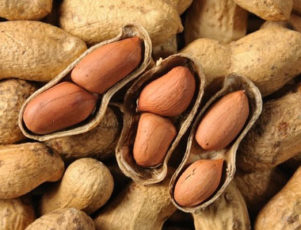


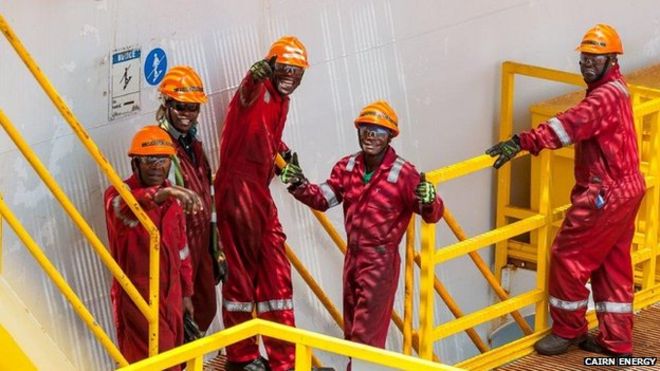
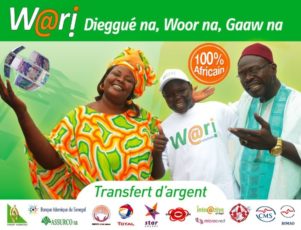
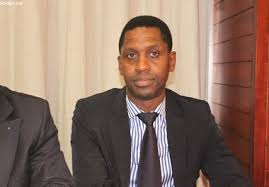

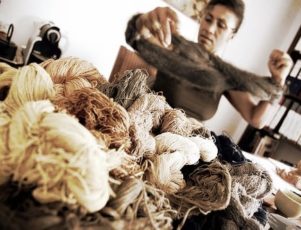

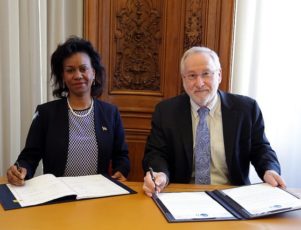
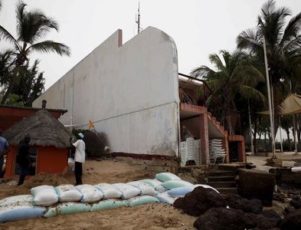
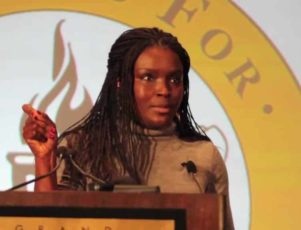
 As a girl, she ran free until the age of eight in her Senegal family compound. Always the instigator of fun hunting and fishing trips, she led a pack of boys with her on her escapades, leadership skills she now draws upon greatly.
As a girl, she ran free until the age of eight in her Senegal family compound. Always the instigator of fun hunting and fishing trips, she led a pack of boys with her on her escapades, leadership skills she now draws upon greatly.